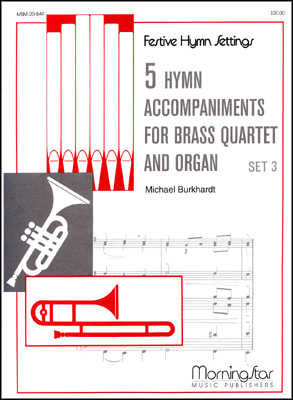This hymn text is rooted in the early Christian church, all the way back to the Greek-language Didache (the Teaching of the Twelve Apostles), a Christian manual from the Church of Antioch, Syria, which some scholars date as early as A.D. 110. To produce this hymn text, F. Bland Tucker (PHH 247) translated selected prayers from chapters 9 and 10 of the Didache.
Stanzas 1 and 2a are from a post-communion prayer, and stanza 2b is from a prayer intended during distribution of the bread. The whole is essentially a hymn of thanksgiving and praise (st. 1) concluded with a petition for the unity of the church (st. 2), which reminds us of Christ's prayer that all believers "may be one" (John 17:21). That unity should be obvious when Christians gather around the Lord's table, but it should also extend within and between Christian denominations.
Tucker's 1939 translation was first published in the American Protestant Episcopal Hymnal 1940. The original first line read, "Father, we thank thee who hast planted." The modernized text in the Psalter Hymnal is the same as that published in the Australian hymnal With One Voice (1977).
Scripture References:
all st. = John 6:58, 2 Cor. 4:6, Eph. 5:25-27; 6:6-7, 2 Tim. 1:10, 1 John 5:20
This hymn text is rooted in the early Christian church, all the way back to the Greek-language Didache (the Teaching of the Twelve Apostles), a Christian manual from the Church of Antioch, Syria, which some scholars date as early as A.D. 110. To produce this hymn text, F. Bland Tucker (PHH 247) translated selected prayers from chapters 9 and 10 of the Didache.
Stanzas 1 and 2a are from a post-communion prayer, and stanza 2b is from a prayer intended during distribution of the bread. The whole is essentially a hymn of thanksgiving and praise (st. 1) concluded with a petition for the unity of the church (st. 2), which reminds us of Christ's prayer that all believers "may be one" (John 17:21). That unity should be obvious when Christians gather around the Lord's table, but it should also extend within and between Christian denominations.
Tucker's 1939 translation was first published in the American Protestant Episcopal Hymnal 1940. The original first line read, "Father, we thank thee who hast planted." The modernized text in the Psalter Hymnal is the same as that published in the Australian hymnal With One Voice (1977).
Liturgical Use:
Lord's Supper–as a post-communion hymn of thanksgiving; perhaps combined with the text of 310 (as the first stanza) whenever a longer hymn is needed, especially as a choral motet during communion.
--Psalter Hymnal Handbook


 My Starred Hymns
My Starred Hymns





